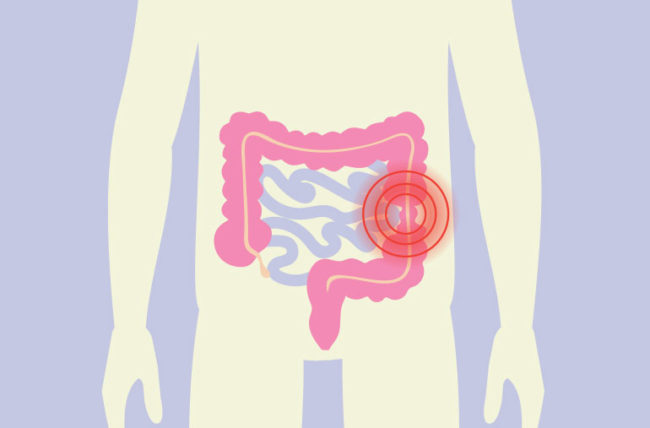HEALTH
How To Tell If You Have a Colon Issue

Colon Issue
The digestive system has a subtle function despite our enormous consumption. It begins work as soon as we eat our meals and gulp down our drinks. In most individuals, signs of colon abnormalities are mainly discomforts in the abdominal region. But for some cases, proper detection requires invasive tests.
The large intestine is an indispensable waste extractor. Unfortunately, a couple of things can go wrong with it. We’ll discuss different irregularities that signal colon problems. So, if you’re experiencing any of the about-to-be-mentioned medical conditions, you should visit your doctor.
Symptoms Of Colon Disorder
Here are the causes of your abdominal pain.
1. Bowel Obstruction
When feces are held back in the intestine, this hampers digestion generally. Solid stools, as in constipation or large tumors, can lead to more painful symptoms. An example is an anal fissure resulting from tears of the anus lining. Often, this leads to bleeding and uneasiness with intestinal movements.
2. Diarrhea
Irritation of the internal tissues of the colon by microorganisms causes it to produce watery stools. Food incompatibility and hypercontractility are also causal factors. When this happens, you tend to visit the toilet multiple times daily.
Due to the continuous contractions here, the discomfort ensuing causes abdominal cramping. One of the adverse effects of diarrhea is dehydration if prolonged.
3. Hemorrhoids
Inflamed blood vessels present around the rectum or anus are called hemorrhoids. They’re mostly impaired veins from an extended colon straining period. Sometimes, bloodied feces or toiletries are proof. Although they’re difficult to contain, they’re benign and often go without extra medical attention.
4. Colorectal cancer
Tumors induced by small polyps in the rectum and colon are one of the pronounced lethargic cancers worldwide. Like every other abnormal growth, early detection will likely lessen unpalatable health effects. Some symptoms include rectal bleeding, fatigue, weight loss, belly pain, black stool, etc.
Undergoing colonoscopy is the best way to discover this disorder. Your treatment may include medications, chemotherapies, and surgeries. To know if the procedure is appropriate for you, book an appointment with a colorectal surgeon.
5. Inflammatory bowel disease
IBD is an umbrella name for inflammatory diseases in the intestines. Colitis and Crohn’s diseases are popular types in this category. When you have either, they cause similar effects like fecal blood stains, liquid stools, cramps, etc.
A series of examinations involving colonoscopy and CT scans aid IBD recognition.
6. Diverticular disease
In some colons, small sacs or pouches protrude from their inner walls. It’s predominant in the above 60 age class. Whether infected or inflamed, they give rise to diverticulitis and diverticulosis. In most people, diverticulitis doesn’t aggravate into a more severe complication. Notwithstanding, it’s crucial to have it treated.
7. Lactose Intolerance
Lactose intolerance is the inability of your body to process lactose digestion. As much as it can be a congenital defect, it can also be developed later in life. When you experience diarrhea and cramps after consuming a dairy product, you’re probably lactose intolerant. The remedy to this is changing your meal preferences using the help of a dietician.
Colon discomforts are no joking matter. Once you notice any persistent symptoms, contact your doctor instantly.
Kenneth is a proud native of sydney, born and raised there. However, he pursued his education abroad and studied in Australia. Kenneth has worked as a journalist for almost a decade, making valuable contributions to prominent publications such as Yahoo News and The Verge. Currently, he serves as a journalist for The Hear Up, where he focuses on covering climate and science news. You can reach Kenneth at [email protected].










